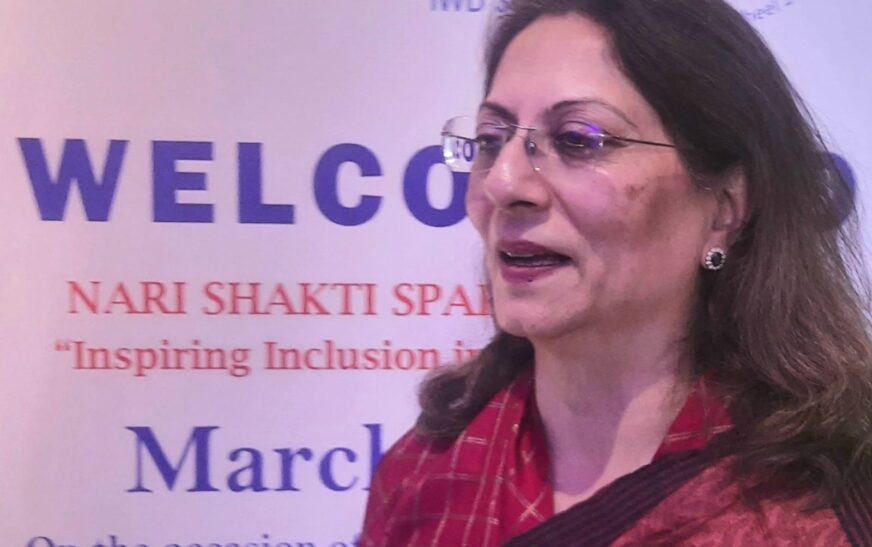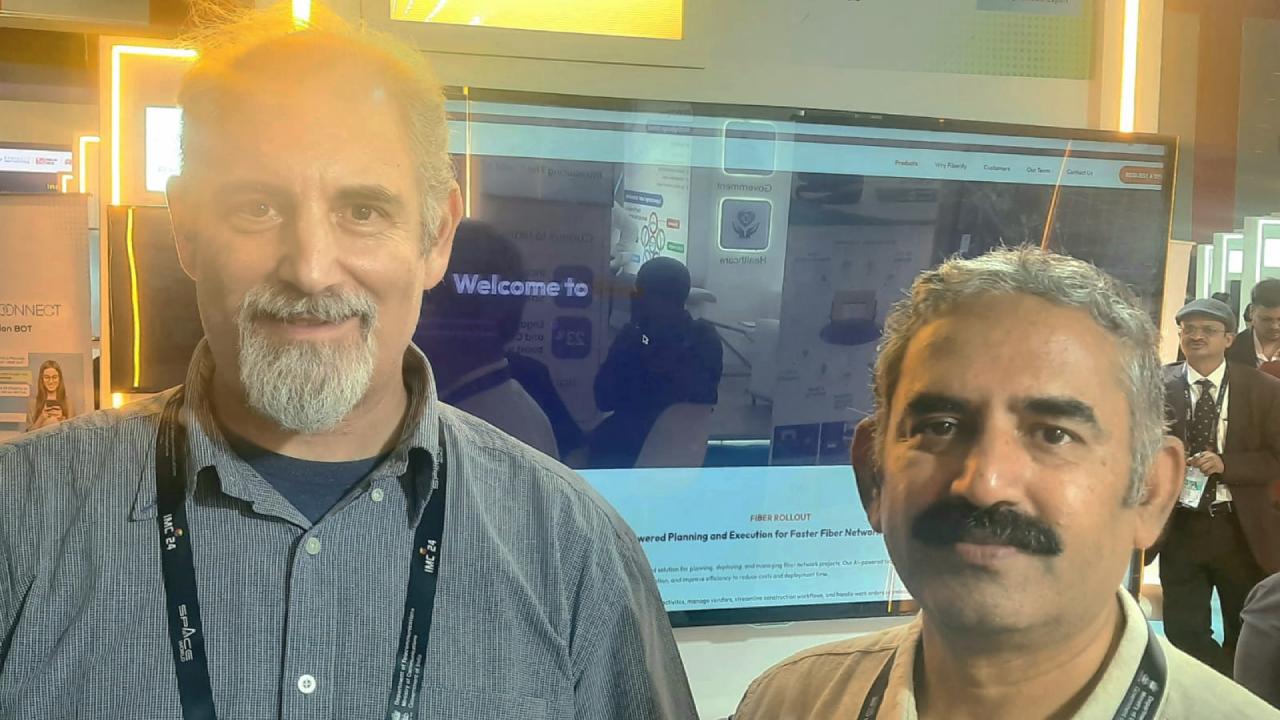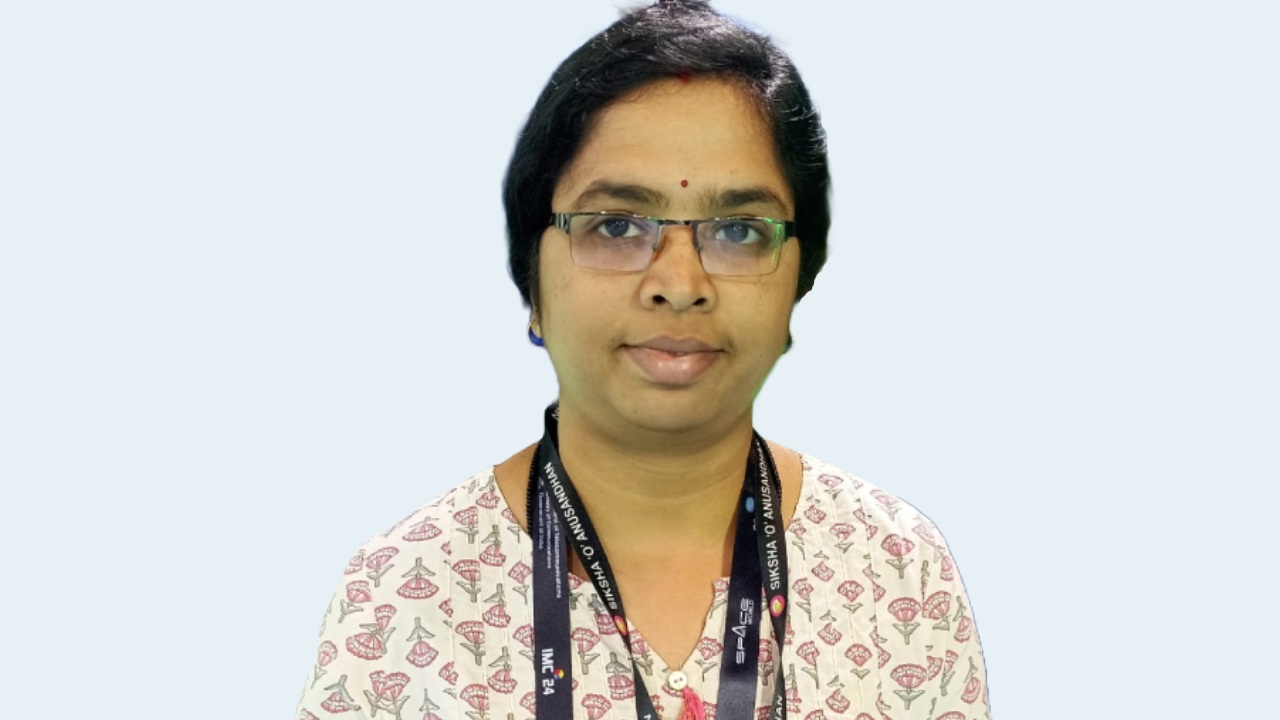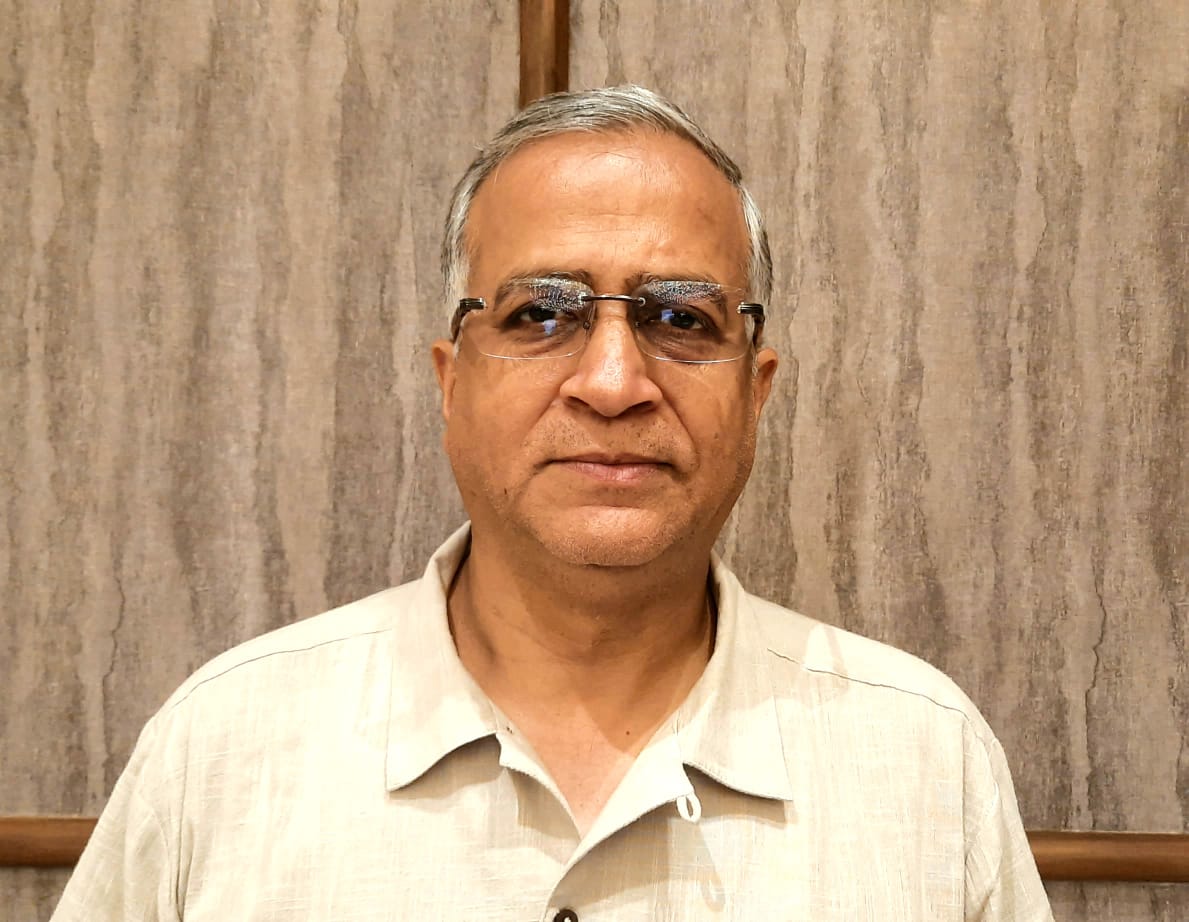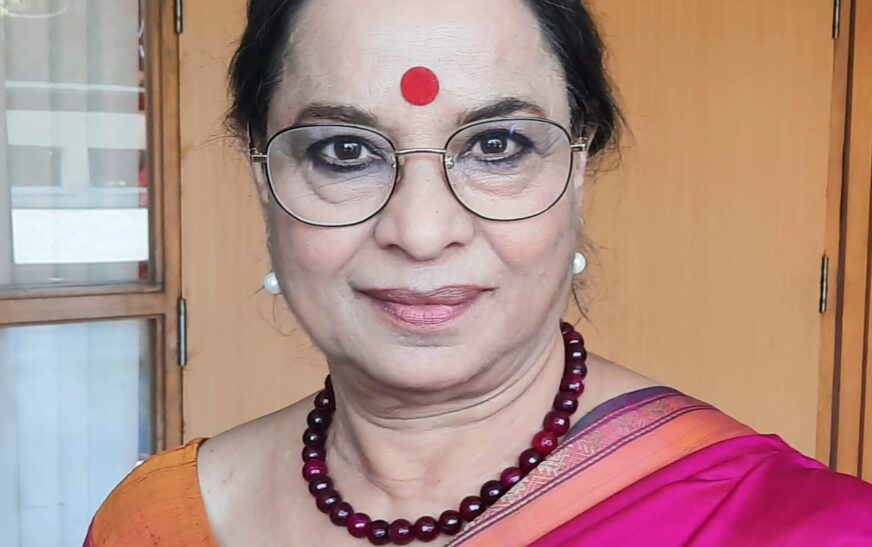Vinita Sethi is an esteemed leader in the healthcare sector, serving as the Senior Vice President and Chief Public Affairs Officer at Apollo Hospitals Enterprise Limited, India’s premier integrated healthcare conglomerate. With a comprehensive presence spanning hospitals, clinics, pharmacies, R&D, and tele-remote healthcare, Vinita spearheads initiatives to foster an inclusive healthcare ecosystem in collaboration with both industry partners and government stakeholders.
Bringing over two decades of rich experience to her role, Vinita has held senior positions in esteemed organizations such as CII, FICCI, and Bharti Airtel, where she served as VP-Corporate Affairs. Her academic background is equally impressive, with a Masters in Economics from the Delhi School of Economics and a Masters in International Relations from the International University of Japan.
Vinita’s commitment to driving positive change extends beyond her professional endeavors. She is passionate about developmental issues and has been instrumental in establishing the Ek Soch Sandbox for social entrepreneurship. Additionally, she plays a pivotal role as one of the co-conveners of the Women’s Mentorship Forum within FICCI-FLO’s “Empowering the Greater 50%” initiative, focusing on digital inclusion programs aimed at enhancing women’s education and financial literacy nationwide.
Recognized for her contributions to shaping India’s future, Vinita has authored numerous papers and articles, earning acknowledgment from esteemed institutions like Niti Aayog for her role in crafting the “Strategy for New India @75”. Her influence extends globally, as she actively engages with global stakeholders at platforms like the World Economic Forum to advocate for innovative approaches to reinvent and transform healthcare.
Driven by a deep-seated commitment to advancing societal well-being, Vinita continues to champion initiatives that promote inclusive growth, sustainable development, and gender equality across diverse sectors.
In a candid discussion with The Interview World, Vinita Sethi delves into the nuances of the care economy, highlighting government initiatives, the pivotal role of women’s health, Apollo Group’s efforts, and the trajectory of India’s care economy. Below are the key takeaways from her insightful interview.
Q: What metrics or indicators can be utilized to effectively identify and measure the contributions and value of the care economy?
A: Traditionally, the role of caregiver has been primarily shouldered by women, encompassing duties ranging from tending to familial needs to managing household responsibilities, all while navigating their professional careers. This dual responsibility underscores the multifaceted nature of women’s contributions to both the home and the economy.
Despite the pervasive nature of caregiving, it’s often undervalued and underrecognized in economic terms. Many women find themselves compelled to temporarily exit the workforce to fulfill caregiving obligations, resulting in a perceived loss of productivity. However, it’s imperative to acknowledge that this shift in focus represents a significant economic contribution in its own right, albeit one that is not quantified in traditional GDP metrics.
Recognizing and valuing the care economy is essential. Developing robust metrics that accurately capture the contributions of caregiving work to the economy is a critical step in this process. Moreover, exploring avenues to monetize caregiving endeavors, such as providing pathways for reintegration into the workforce and offering training programs to replenish the care sector, is crucial.
By investing in the recognition and monetization of caregiving work, we empower women to continue contributing to the economy while also fostering the development of a skilled workforce capable of managing caregiving responsibilities. This approach not only ensures the sustainability of caregiving but also enhances overall productivity and economic growth. Embracing the interconnectedness of caregiving and the economy is pivotal in shaping a more inclusive and equitable future.
Q: What specific initiatives is the government currently undertaking in the care economy?
A: The government is actively prioritizing the care economy, evident through extensive reports and legislative actions. Initially, they concentrated on bolstering maternity leave, augmenting its duration to accommodate the evolving needs of working mothers. In addition, they introduced paternity leave, acknowledging the importance of parental involvement in caregiving responsibilities.
However, there’s a concerted effort to reevaluate the structure of leave entitlements to alleviate the pressure on women to exhaust their leave within the first four months postpartum. This re-evaluation underscores the recognition that caregiving responsibilities persist beyond the initial stages of childbirth. As children progress and necessitate external nourishment, mothers may require extended leave to attend to their needs.
Consequently, the government is actively exploring various policy avenues to provide sustained support for caregivers. While specific details of these policies remain under development, extensive consultations have been conducted to solicit input and feedback, particularly enhancing support mechanisms for women in the workforce. Through these initiatives, the government aims to create a more inclusive and supportive environment for caregivers, ensuring that their needs are adequately met.
Q: What is the significance of prioritizing women’s health within the framework of the care economy?
A: Women’s health is not just a component but the foundation of the care economy, upon which its entire structure rests. If a woman’s health declines, the stability of the entire system is jeopardized. Thus, the paramount importance of prioritizing women’s health cannot be emphasized enough. Investing in initiatives that promote women’s health, particularly addressing mental well-being, is imperative. The care economy inherently brings about what is termed care fatigue, a state where women experience exhaustion due to the demands placed upon them. This exhaustion impedes their ability to effectively manage multiple responsibilities.
Therefore, recognizing and addressing the holistic health needs of women is essential for sustaining the care economy. Women’s health stands as a pivotal pillar within this framework, contributing not only to the well-being of individuals but also to the stability and functionality of society as a whole.
Q: What specific initiatives is Apollo implementing to address needs within the care economy?
A: We’re actively engaged in numerous health initiatives, one of which focuses extensively on women’s health. This initiative provides a comprehensive view of women’s health, emphasizing the importance of addressing issues like cardiac health. It’s alarming to note that in India, more women succumb to cardiovascular diseases than cancer, largely due to factors like stress, high blood pressure, and unhealthy lifestyles.
At Apollo, we’re dedicated to raising awareness among women about the importance of taking control of their health. This involves advocating for lifestyle changes and regular preventive health check-ups. These check-ups are crucial; they allow early detection of potential health issues. For instance, during a routine check-up, if a slight anomaly like a cyst is detected, it can be promptly investigated to determine whether it’s benign or malignant.
Early detection is key; catching any potential malignancy in its initial stages greatly improves treatment outcomes and reduces costs. By managing diseases at their onset, individuals can undergo more effective treatments and achieve better overall health outcomes.
Q: What are the anticipated impacts and trajectories for the care economy within the broader context of the Indian economy’s evolution?
A: It will be truly remarkable. When we talk about 70 crore women, we’re referring to half of India’s population. Just envision the vast number of women entering the labor force. In a global landscape where aging demographics are a pressing issue, India presents itself with a dynamic and youthful labor force, bolstered by a growing population. Consequently, we anticipate a significant uptick in production bases relocating to India. After all, where else can one find such a substantial pool of skilled workers, ready to contribute to the economy and drive productivity forward?

